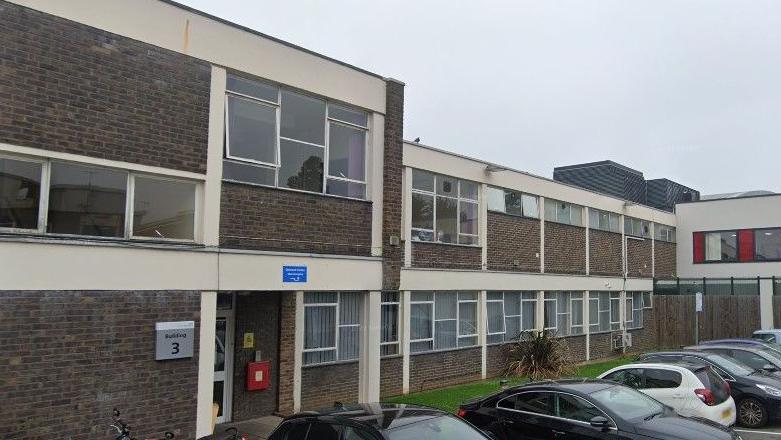What is the Lampard Inquiry and what could it change?
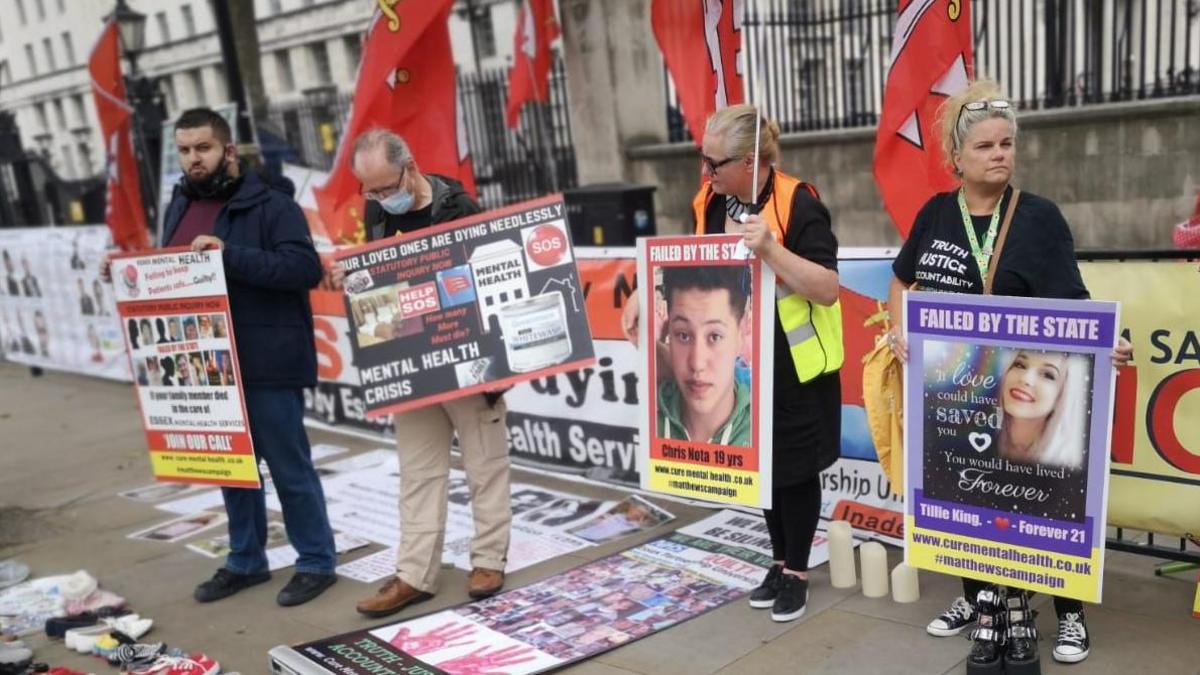
More than 120 families joined the campaign to get a full public inquiry into mental health deaths in Essex
- Published
Mental health patients are among the most vulnerable in society, but services in England have been under huge strain for more than a decade, with sometimes fatal consequences. A public inquiry backed by the government is focusing on deaths in Essex as a starting point, but what is it and what does it hope to achieve?
Solicitors representing a growing number of families who have lost loved ones say the Lampard Inquiry is as important as those surrounding the Post Office and infected blood scandals.
The chairwoman of the inquiry says it is looking at significantly more than 2,000 deaths and the inquiry team says the alleged failings are "on a scale that is deeply shocking".
The failures reported in Essex over 24 years could be an indication of what is going on elsewhere. By examining those failures in detail, it is hoped mental healthcare will be improved across England.
What is the aim of the inquiry?
The Lampard Inquiry, external is the first public inquiry specifically looking into mental health deaths.
It will aim to understand what happened to patients who died at child and adult inpatient units, under the care of the NHS in Essex, between the years 2000 and the end of 2023.
The inquiry will focus on Essex Partnership University Foundation NHS Trust , external(EPUT) and North East London Foundation Trust, external (NELFT), along with organisations that existed previously.
It will not look at deaths in the community unless they happened within three months of discharge from a mental health unit, the patient had been assessed and refused a bed, or they were on a waiting list for a bed.
What is an inquiry?
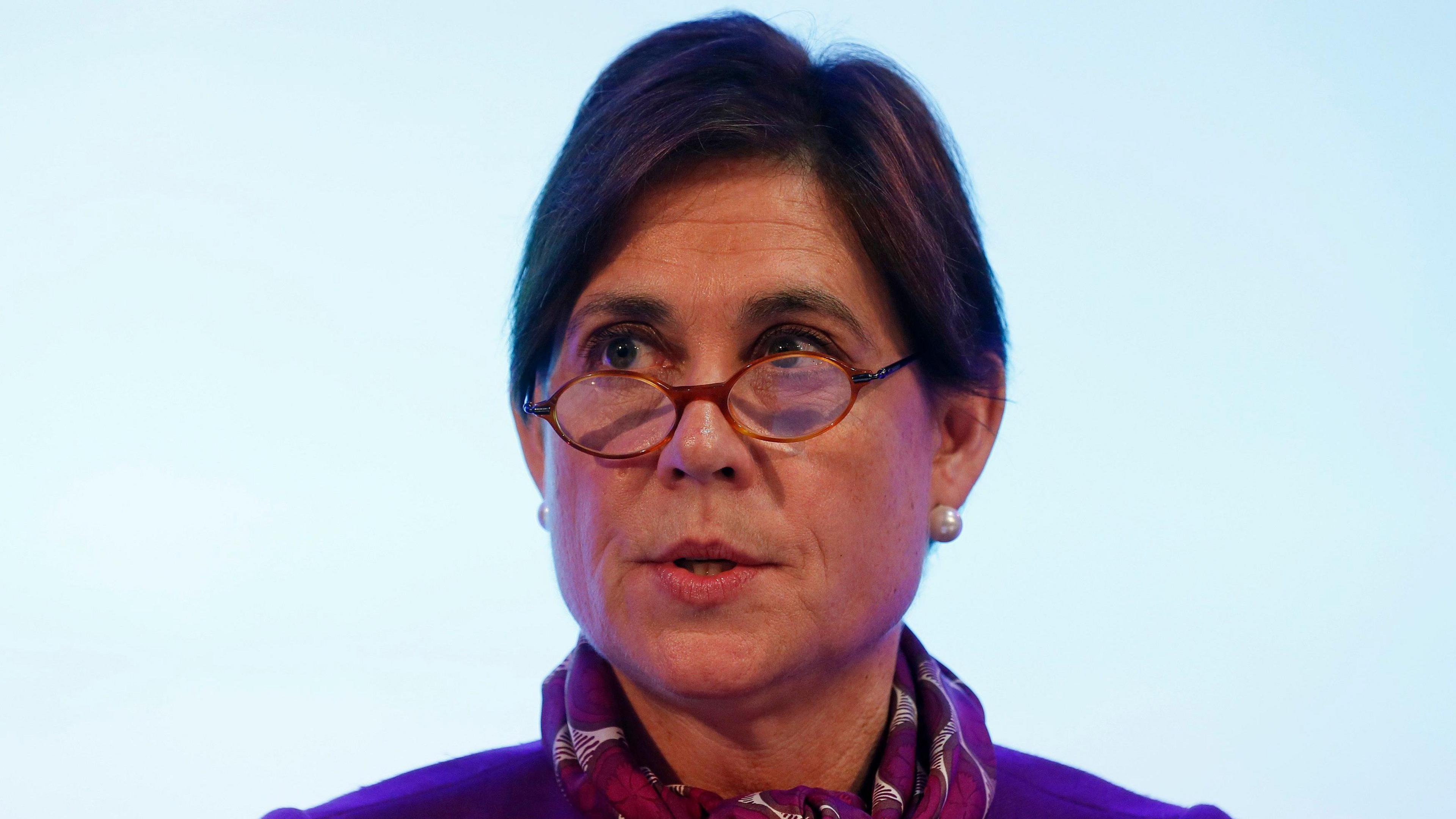
Inquiry chairwoman Baroness Lampard said she was committed to carrying out an investigation that was "fair, objective, thorough, rigorous and balanced"
Public inquiries are funded by the government and are led by an independent chairperson.
They can force witnesses to give evidence, although that will not apply to bereaved families.
No-one is found guilty or innocent, but the inquiry publishes recommendations. The government can accept or ignore them.
The Department of Health told the inquiry: "Every patient deserves to be treated in an environment where they receive high quality care and are treated with dignity and respect."
Why is it called the Lampard Inquiry?
It is named after the chairwoman of the inquiry, Baroness Kate Lampard.
She is a former barrister who oversaw the NHS investigations into abuse by former television presenter Jimmy Savile.
Baroness Lampard is a member of the House of Lords. She is a crossbench peer, meaning she is not affiliated to a party.
She says the inquiry is of national significance and will make recommendations for "real change" in England.
Why is the focus on Essex?
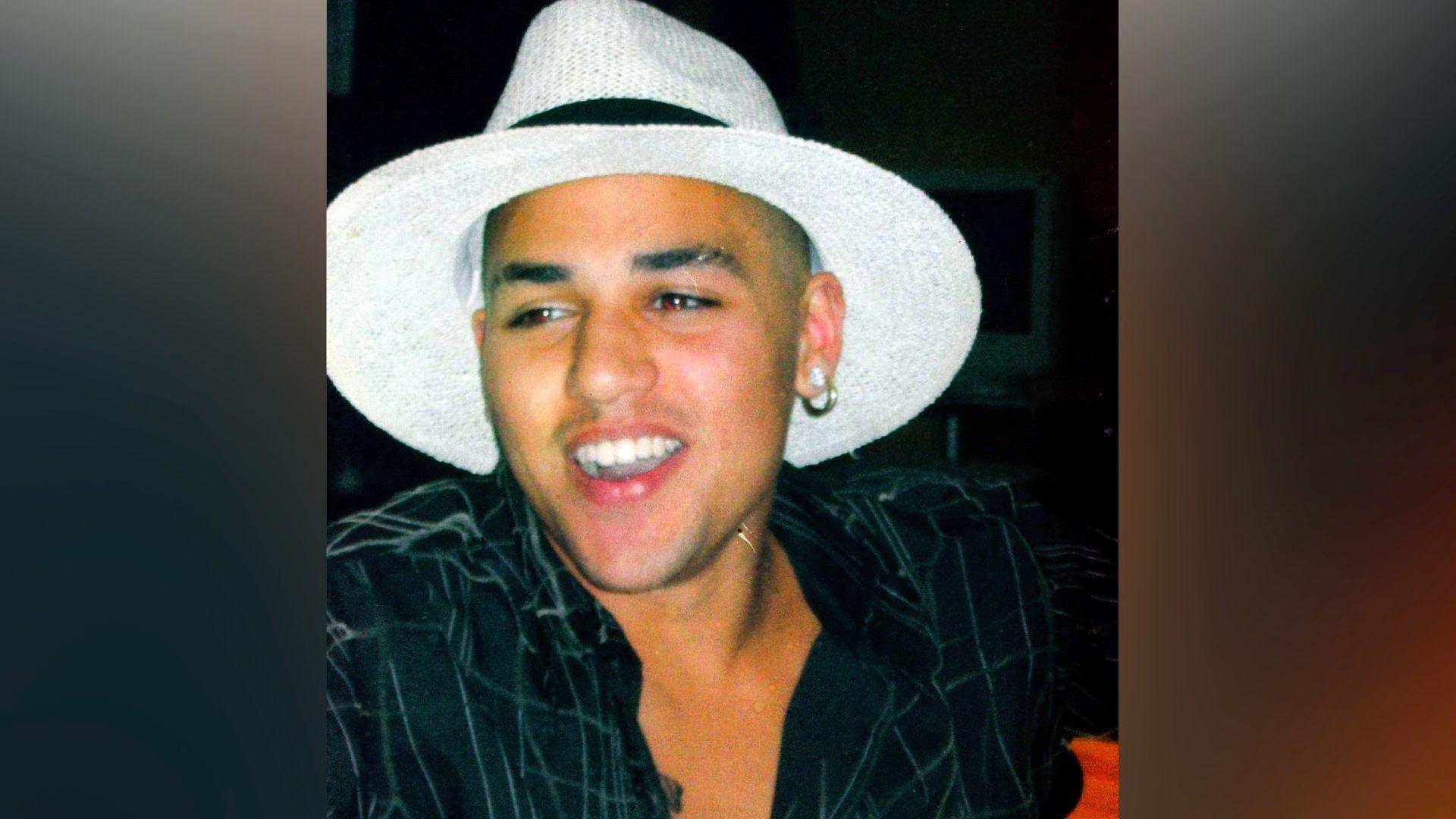
Ben Morris had ADHD and voluntarily admitted himself to the Linden Centre to get medication, but died a few weeks later
Calls for an inquiry were first made by the mothers of two 20-year-old men who died at the Linden Centre - a mental health unit in Chelmsford.
In 2008, Ben Morris, the son of Lisa Morris, was found dead after calling her to say he wanted to leave.
Four years later, in 2012, staff said they found Melanie Leahy's son Matthew unresponsive, and he was pronounced dead in hospital. He reported being raped days before he died.
Essex Police investigated and no arrests were made but the Parliamentary and Health Service Ombudsman (PHSO), which followed up Ms Leahy's complaints, found the mental health trust failed to follow its own rape allegation procedures.
Matthew's care plan was also falsified.
Since then, repeated failures have been raised in the county.
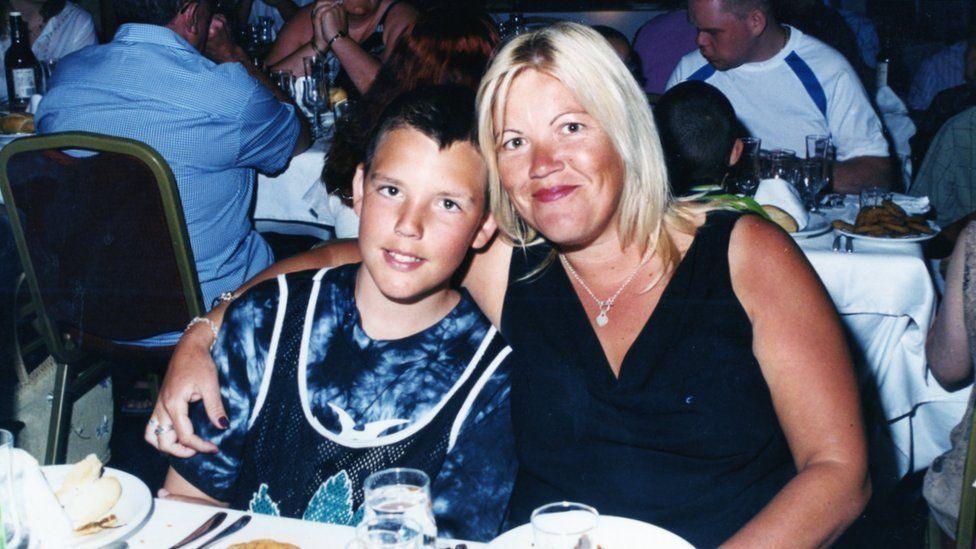
Melanie Leahy, pictured with her son Matthew, said the Linden Centre in Essex was "the most unsafe place he could have been"
The health watchdog, the Care Quality Commission (CQC), raised concerns about the safety of wards and staffing from 2014 to 2018, external. Recommendations were not acted on.
In 2017, Essex Police launched a corporate manslaughter investigation into the deaths of 25 patients at nine mental health units, but there were no charges.
Police said the cases did not meet the "evidential threshold".
In 2019, the PHSO published a report into the deaths of Mr Leahy and Mr Morris, external. It quoted a "systemic failure to tackle repeated and critical failings over an unacceptable period of time".
A year later, Melanie Leahy and 24 other families set up an online petition for an independent inquiry.
About 105,000 people signed it, forcing a debate in Parliament.
Inquiry under way into 2,000 mental health deaths
- Published9 September 2024
Mental health deaths inquiry is relaunched
- Published1 November 2023
Savile inquiry barrister to lead mental health probe
- Published6 September 2023
In 2021, former Health Minister Nadine Dorries said a robust independent inquiry would be held, external, but it would not have full legal powers to compel staff witnesses to give evidence.
That same year, the Health and Safety Executive fined EPUT £1.5m after the deaths of 11 patients. A High Court judge said there had been a "litany of failures", external and suicides had not been prevented.
In 2023, following an undercover report by Channel 4's Dispatches, external, the CQC rated two female wards "inadequate". It showed staff sleeping while they were supposed to be observing patients.
In the same year, the inquiry was given full legal powers at the request of the former chairwoman Dr Geraldine Strathdee, who stepped down for personal reasons.
More deaths were then included for investigation.
What are the concerns being investigated?
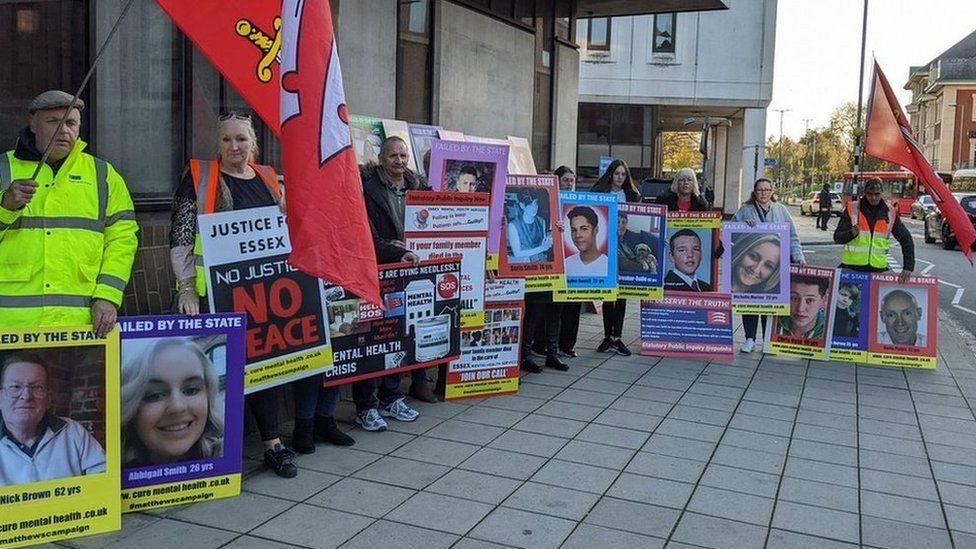
The public inquiry is ongoing
Similar to the Covid-19 inquiry, it will be split into different themes, external, including:
Physical and sexual safety in mental health inpatient units, external, including possible allegations of abuse. The chairwoman said she would use legal powers to ensure evidence was produced, protecting the identity of staff, and referring matters to the police, if needed
Patient assessments under the Mental Health Act
Whether wards are safe, fit for purpose and help recovery
How patients with different needs like autism or learning disabilities are dealt with
The use of a CCTV system with sensors called Oxevision and the impact that has on patients' privacy and dignity
How medication is managed and balanced with therapeutic care
How patients escape from inpatient secure mental health wards and what happens afterwards
The circumstances in which patients are restrained, including the use of seclusion and chemical restraint
Communication with families
Staffing, training, and the use of temporary or agency staff, and whether there is a connection between poor care and the use of non-permanent staff
Culture, management and governance
Priya Singh, from Hodge Jones and Allen, which is representing 126 families, said: "The deaths of patients in psychiatric institutions cannot continue in the UK.
"This is an enormous opportunity for mental healthcare in England. I'm hoping we can find out what's been going so badly wrong."
What do the NHS trusts say?
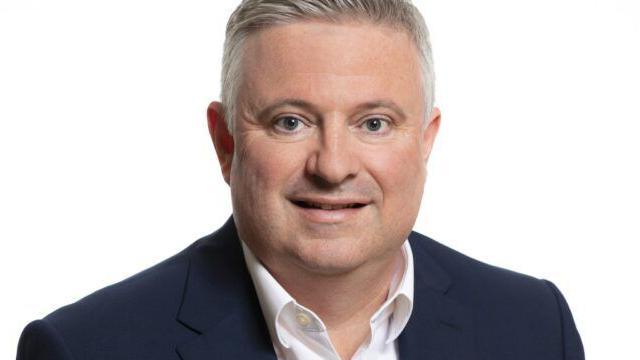
EPUT chief executive Paul Scott said there would be no consequences for staff who gave evidence to the inquiry
In a statement to the inquiry, EPUT apologised to everyone failed by mental health services in Essex.
It said that "each death was a tragedy" and accepted that over at least a decade, action was not always taken to learn from deaths.
It acknowledged there had been serious reports made about sexual abuse of patients and of staff falling asleep.
EPUT admitted some wards had staffing levels below those authorised by the trust, and highlighted a national shortage of mental health nurses.
The chief executive of EPUT, Paul Scott, said: "We will continue to do all we can to support Baroness Lampard and her team to provide the answers that patients, families and carers are seeking."
Counsel to the inquiry, Nicholas Griffin KC, said there was disappointment with the level of staff engagement and that staff witnesses were "few in number".
Mr Griffin said the inquiry would use its powers to obtain evidences from the key staff involved in providing care and treatment, both on a ward level and those in positions of management.
NELFT, which provides child and adolescent mental health services in parts of Essex, told the inquiry it remained fully committed to supporting it in every way it could.
NHS England, which is responsible for some specialist services, said it recognised that there would be areas where its organisation could have done better.
How long will the inquiry take?
Baroness Lampard made her opening speech on 9 September 2024.
The inquiry is reviewing more than 6,000 documents from healthcare providers and other organisations.
Five sets of evidence hearings have taken place so far, with 100 families recounting their experiences and barristers questioning the trusts and other participants.
Mental health nurse viewed child abuse images
- Published31 May 2024
Council hiring mental health expert over suicide rate
- Published31 August 2023
Class A drugs 'brought in for patients'
- Published20 March 2018
Most hearings are taking place at Arundel House in London with closing submissions being heard in November 2026. Some hearings will also be held in Essex in October 2026.
Sessions are being streamed on YouTube., external
The Health Service Journal (HSJ) reported that the inquiry had already cost £5m., external
The report and recommendations are unlikely to be published until 2027, nearly seven years after it was first announced.
If you have been affected by any of the issues raised in this story, you can get help and support at BBC Action Line.
Get in touch
Do you have a story suggestion for Essex?
- Published1 October
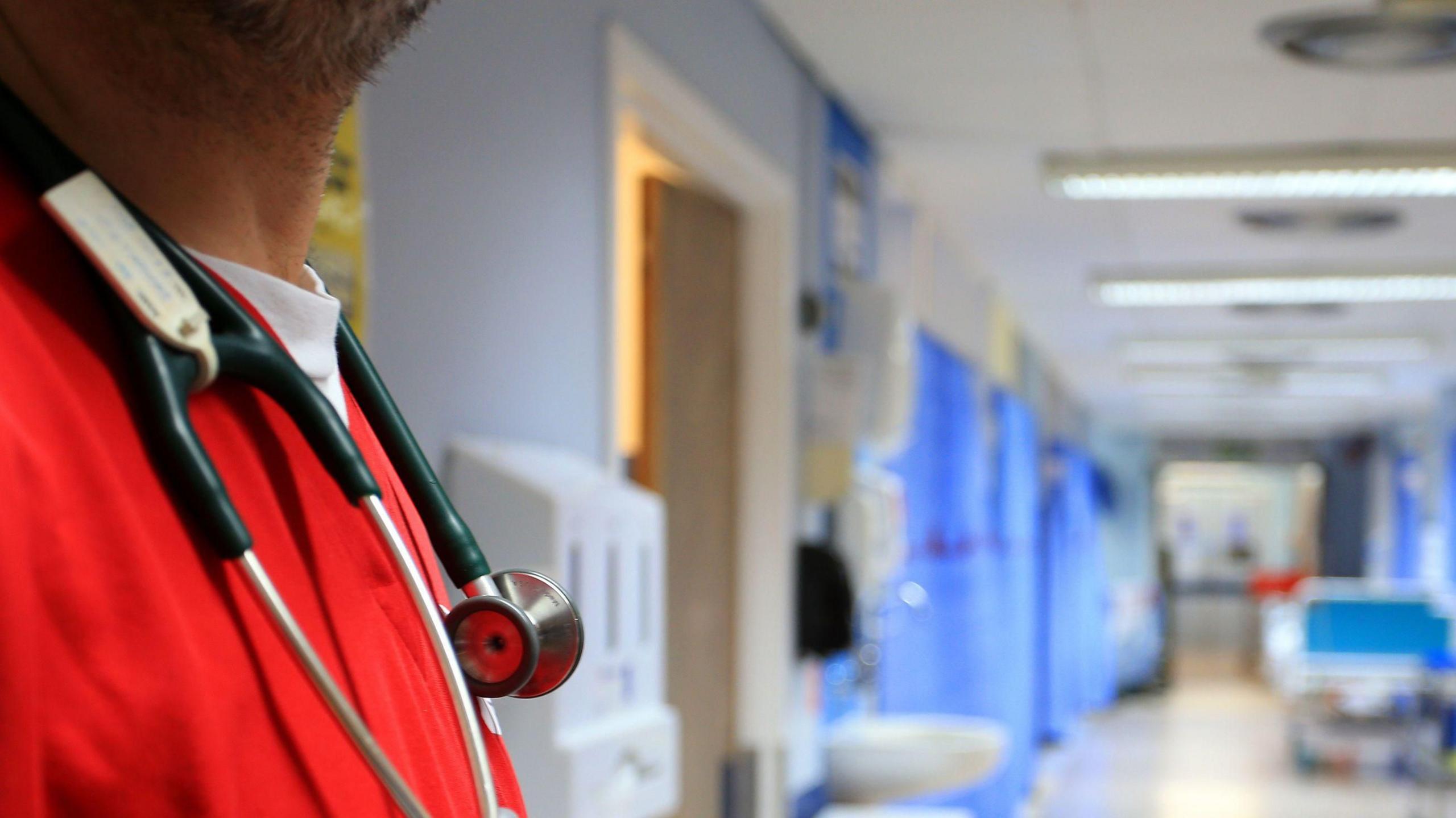
- Published28 May
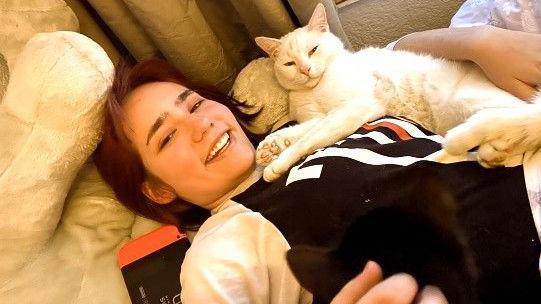
- Published11 July
